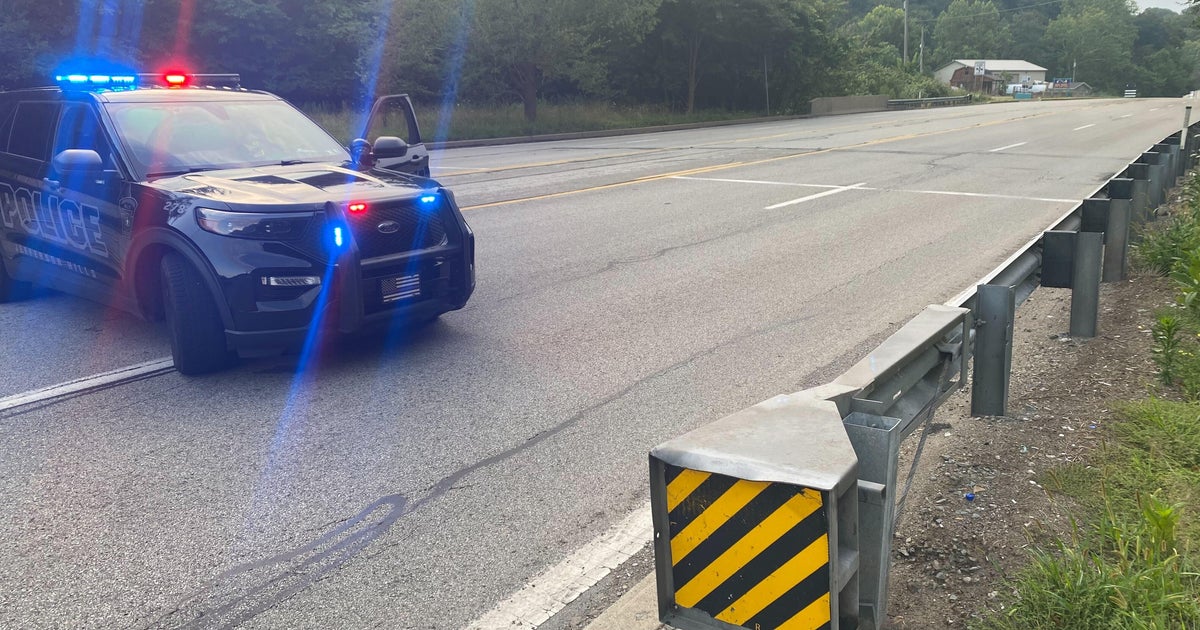Could WVU's New Micropellet Injection Offer Sciatica Patients Some Relief?
Follow KDKA-TV: Facebook | Twitter
PITTSBURGH (KDKA) -- Linda Triplett stood up at her desk at work. Something popped, and pain stopped her in her tracks.
"I couldn't hardly walk at all. The pain was just terrible. There were days I couldn't get up, couldn't walk, couldn't get out of bed," she said.
She thought it was her hip, but after a doctor's visit and a series of tests, she was diagnosed with sciatica.
"Sciatica is when you have inflammation of the nerves in your back, spinal nerves, and you get leg pain, you get back pain, pain shooting down to your foot," says Dr. Ali Rezai of the WVU Rockefeller Neuroscience Institute.
Doctors often advise rest, and prescribe medicine, sometimes even opiates, then physical therapy, or if there is a disc pressing on nerves, sometimes a steroid injection or surgery.
But complications, side effects, or persistent symptoms can limit the success of these interventions.
So doctors at West Virginia University are the first in the country to be studying a new option that goes directly to the inflamed nerve, instead of through the bloodstream to the whole body from a digested pill.
They're seeing whether a micropellet injected into the back near the inflamed nerve will help.
The pellet the doctors inject is about as big as a grain of rice. It contains medicine that is slowly released, and the pellet dissolves over time.
The medicine is clonadine, a blood pressure medicine. If taken by mouth, the blood pressure could drop too much. But when it is delivered in this targeted fashion, right to the source of the pain, it interferes with nerve signals.
"It reduces the transmission of pain signals from the nerve to the brain," says Dr. Rezai.
"To go in there and let someone put a needle in my back was pretty scary. The numbing was a little bit pinchy," Linda describes. "When you get that kind of pain, you're willing to try anything. I thought, this is gonna hurt, this is gonna hurt, but it didn't."
For 30 days after the pellet was put in, Linda electronically reported her pain levels and how many ibuprofen she took.
"I went from a pain level 10, down to a 3 or 4," she said.
This is a double blind, placebo-controlled trial, meaning Linda doesn't know if she got the clonadine or placebo, and neither does Dr. Rezai.
Linda thinks she got the real thing.
"I think I might have, because it improved. If I didn't, it had to be something else, maybe the physical therapy that I was taking," she said.
Three-hundred people across 20 medical centers will take part in the clinical trial. If the study shows the pellets work better than placebo, the treatment will go before the FDA for approval.
Even if she got placebo, Linda isn't upset about that.
"It's much better. I'm walking better. I'm getting around a lot better. I haven't taken any kind of pain medication. I'm doing my exercises every day, trying to get back on my treadmill," she said.



